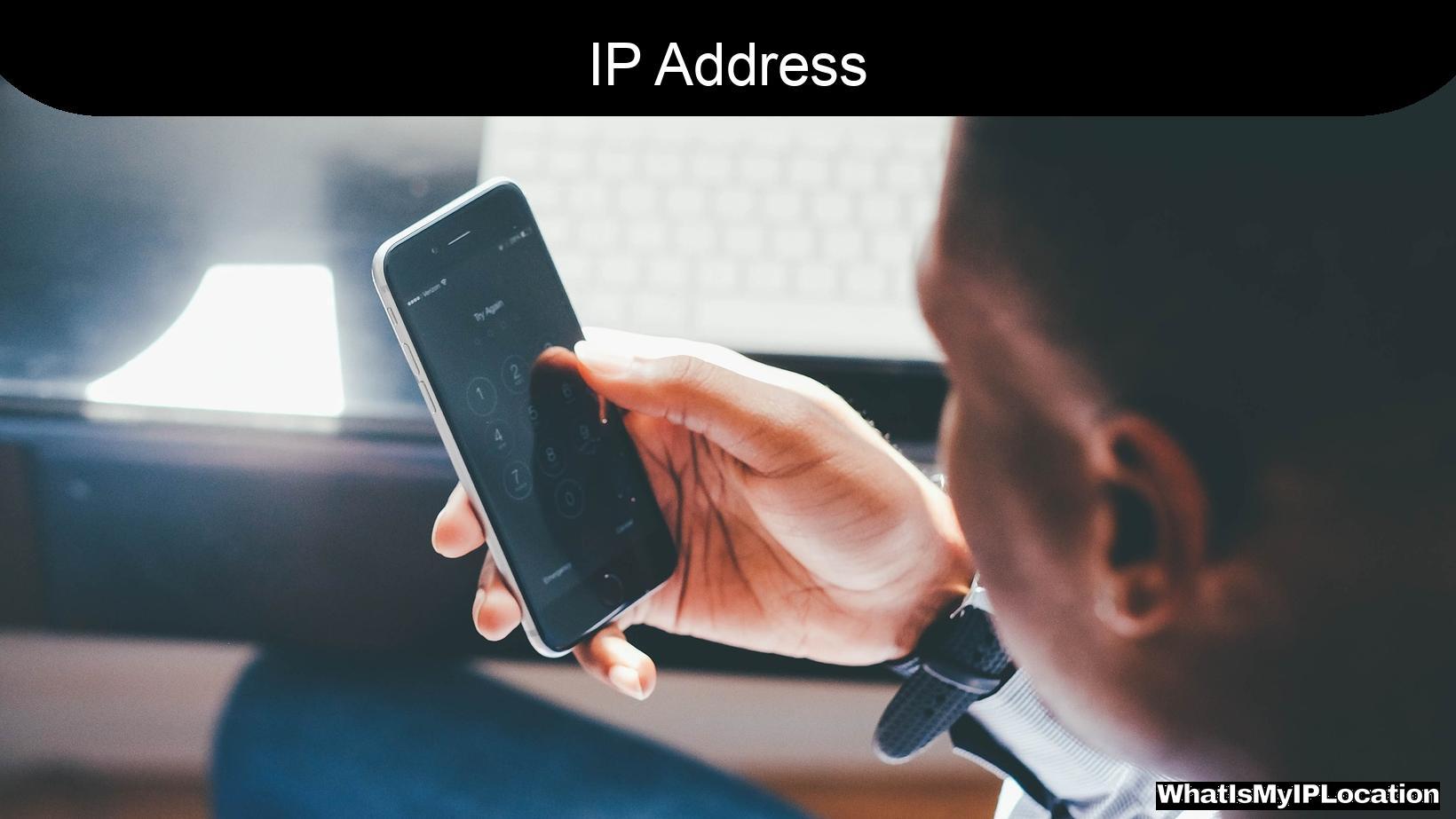In today’s digital age, our online presence is more significant than ever. One of the most fundamental aspects of our online identity is our IP address. But what exactly does your IP address reveal about your online habits? Let’s dive into the fascinating world of IP addresses and uncover the insights they provide about our digital lives.
Understanding IP Addresses
Before we explore the implications of your IP address, let’s clarify what it is. An IP address (Internet Protocol address) is a unique string of numbers separated by periods (IPv4) or colons (IPv6) that identifies each device connected to the internet. Think of it as your home address, but for your online activities.
Types of IP Addresses
- Static IP Address: This type remains constant and doesn’t change. It’s often used by businesses that need a reliable connection.
- Dynamic IP Address: This type changes periodically and is assigned by your Internet Service Provider (ISP). Most home users have dynamic IP addresses.
What Your IP Address Reveals
Your IP address can tell a lot about your online habits, including your location, the type of device you use, and even your browsing behavior. Here’s a closer look at what it can reveal:
1. Geolocation Information
One of the most significant pieces of information your IP address provides is your geolocation. This means that websites can determine your approximate physical location based on your IP address.
- Why It Matters: This information is crucial for businesses that want to target local customers. For example, if you’re searching for pizza places, the search results will likely show options near your location.
2. Device Identification
Your IP address can also indicate the type of device you’re using. Different devices have different browsing habits. For instance:
| Device Type | Typical Online Habits |
|---|---|
| Smartphone | Social media, apps, quick searches |
| Laptop/Desktop | Research, streaming, online shopping |
| Tablet | Reading, casual browsing, streaming |
- Why It Matters: Understanding device usage helps marketers tailor their content and advertisements to fit the platform.
3. Browsing Behavior
Your IP address can be linked to your browsing history, revealing patterns in your online behavior. For example:
- Frequent Searches: If you often search for travel deals, your IP address may indicate a pattern of interest in travel-related content.
- E-commerce Activity: Regular visits to shopping sites can suggest a propensity for online shopping.
4. ISP and Connection Type
Your IP address also reveals your Internet Service Provider (ISP) and the type of connection you’re using (e.g., fiber, DSL, cable). This information can indicate:
- Connection Speed: Different ISPs offer varying speeds, which can affect your online experience.
- Potential Restrictions: Some ISPs may restrict access to certain content or services.
The Impact of Your IP Address on Privacy
While your IP address can provide valuable insights, it also raises concerns about privacy. Here are some key points to consider:
1. Tracking and Targeted Advertising
Many websites use your IP address to track your online behavior for targeted advertising. This means that the ads you see are often based on your browsing habits.
- Tip: Use incognito mode or a VPN to minimize tracking.
2. Data Collection by Third Parties
Your IP address can be collected by third-party companies that analyze user behavior. This data can be sold or used to create detailed profiles of users.
- Tip: Be cautious about the information you share online.
3. Potential for Hacking
If someone knows your IP address, they could potentially target your device for hacking attempts. This is especially true if you have not secured your network properly.
- Tip: Use a firewall and keep your software updated to protect against threats.
How to Protect Your Online Identity
Given the insights your IP address can provide, it’s essential to take steps to protect your online identity. Here are some effective strategies:
1. Use a VPN
A Virtual Private Network (VPN) masks your IP address, making it difficult for websites and advertisers to track your online activities.
- Benefits: Enhanced privacy, access to geo-restricted content, and improved security on public Wi-Fi.
2. Regularly Clear Your Cookies
Websites use cookies to track your browsing habits. Regularly clearing your cookies can help reduce targeted advertising.
- Tip: Set your browser to clear cookies automatically after each session.
3. Adjust Privacy Settings
Most social media platforms and browsers allow you to adjust privacy settings. Take advantage of these features to limit the information shared with third parties.
- Tip: Review your privacy settings regularly to ensure they align with your preferences.
Conclusion
Your IP address is more than just a series of numbers; it’s a window into your online habits and behaviors. From revealing your location to tracking your browsing patterns, it plays a significant role in how you interact with the digital world.
By understanding what your IP address says about you, you can take proactive steps to protect your privacy and enhance your online experience. Whether it’s using a VPN, adjusting your privacy settings, or being mindful of the information you share, there are many ways to safeguard your digital identity.
In a world where our online presence is increasingly scrutinized, being informed about your IP address and its implications is essential. So, the next time you connect to the internet, remember that your IP address is not just a number; it’s a reflection of your online habits and a key to navigating the digital landscape safely.
